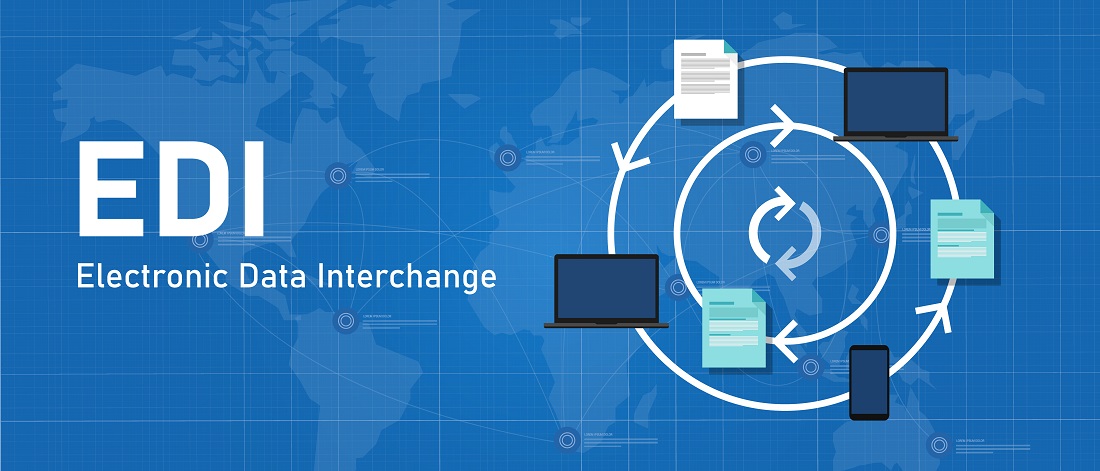How to Get Started with EDI
By now, most businesses partnering with major retailers, suppliers, or distributors have heard of the term EDI. EDI, or Electronic Data Interchange, is the process in which documents are exchanged…electronically. These documents are often exchanged between a business producing goods and a retailer distributing those goods to an end consumer.
EDI makes this computer-to-computer exchange possible, without involving a human component. EDI not only makes the overall process of data exchange simpler and more transparent, but also greatly increases efficiency for businesses. When thinking about how your business should implement EDI, start by considering the following factors:
- Your potential transaction volume
- Types of documents you plan to trade
- Dedicated business resources and support
- Retail or trading partner requirements
Potential transaction volume
Your EDI implementation should be flexible and in unison with the beat of your business. It should have the ability to adapt to your potential business needs -- whether that means scaling up to meet your growing demands or scaling back during an off-season.
Forecasting future EDI transaction volumes is a must in determining your implementation. Top questions to help you do just that:
- How many partners, vendors, or customers will you be trading with?
- What documents does each trading partner require (eg. purchase orders, invoices, ASNs)?
- How many purchase orders do you expect per month?
- How many times a day will you be exchanging documents?
- How do you expect your business to grow over time?
These questions will determine how heavy your usage will be and what solution you choose -- whether that be for a light EDI user, a superuser, or somewhere in between.
Types of documents
EDI is often used for three key business transactions: purchase orders, invoices, and advance shipping notices. Your EDI solution will depend upon the types of documents you trade, along with the ERP, accounting, or third party logistics systems you use. For heavy usage, you will want to consider integration into these systems for a complete end-to-end automated solution. While for lighter usage, manual input into your backend systems should work to start.
Business resources and support
Some businesses decide to develop a complete in-house EDI solution, while others decide to outsource this to a specialized EDI service provider. This will all depend on the amount of dedicated resources and support your company has to invest in a domain that is not central to the main business. You will have to invest heavily in staff to support your EDI solution, hire or train existing personnel, invest in hardware, software, and a full EDI tech stack. If your core business function is not EDI and integration, the cost benefit analysis typically won't pan out.
Enlisting the service of an external experienced EDI company makes for a cost-effective way to have all of the complexities of EDI handled for you -- whether that be solutions for any trading partner, implementation for different document types, integrations with any business systems, EDI transactions that are cloud-based secure, and a team of EDI experts providing 24-7 support. Hiring an EDI service provider is not something that only small companies do but some of the largest enterprises use managed services as well.
Retail or trading partner requirements
Your retail or trading partners will have their own set of requirements that will need to be implemented as part of your EDI solution. Some common partner requirements include:
- Standard Language: A standard language is required for exchanging documents electronically between business partners. EDIFACT, XML and X12 are the most common standard EDI language formats.
- SaaS platform: For managing documentation, both sender and receiver companies must have a SaaS EDI platform. SaaS EDI solutions offer the ability to track and monitor exchanges in a high quality manner.
- Secure communication networks: A business needs to ensure their exchanges are passed through high security protocols, ensuring the secure delivery of each document at every step of its journey. It is important to use secure EDI protocols and formats that are compatible with your trading partners.
It’s important to reach out to your trading partners to understand their EDI requirements, capabilities, and preferences.
To learn more on how we can help you become EDI capable and achieve compliance with your trading partner(s), please contact our sales department @888-339-0722 or email us at sales@infoconn.com




